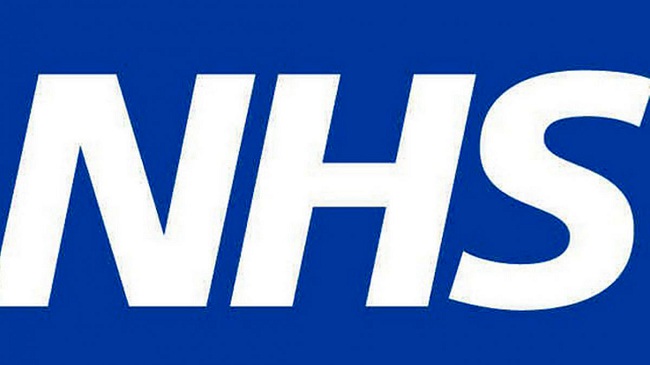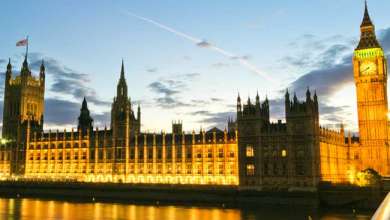Are You Eligible For NHS Treatment?

Whether a person has access to the NHS services depends on their immigration status in the UK. You may therefore be charged for certain services, whilst other services are free to all. Entitlement to NHS services has long been a confusing topic for migrants, and occasionally for the Home Office too. The general criteria for NHS eligibility depends on whether you are ordinarily resident in the UK. If you are ordinarily resident, you will not be charged.
According to the Government, a person who is ordinarily resident means: “broadly, living in the UK on a lawful, voluntary and properly settled basis for the time being”. There are of course exceptions for those who are not ordinarily resident, such as:
- Those who are non-EEA nationals who have paid their immigration surcharge; or
- Those with an enforceable EU right to free health care, such as possession of a European Health Insurance Card (EHIC); or
- Those who are vulnerable patients, such as refugees, asylum seekers, victims of human trafficking, or immigration detainees.
There are certain services which the NHS provides free to all, irrespective of whether they are a resident. These are:
- A&E services – this includes walk-in clinics;
- Family planning services;
- Diagnosis and treatment of some infectious diseases;
- Diagnosis and treatment of sexually transmitted infections; and
- Treatment required for a physical or mental condition caused by torture, female genital mutilation, domestic violence, or sexual violence
Other NHS services or treatments may incur cost. It should be noted that if it becomes apparent that a person travelled to the UK with the specific intention to seek any of the above exempt treatments, it may become chargeable.
Source: McGill & Co, https://is.gd/5x9J0H





